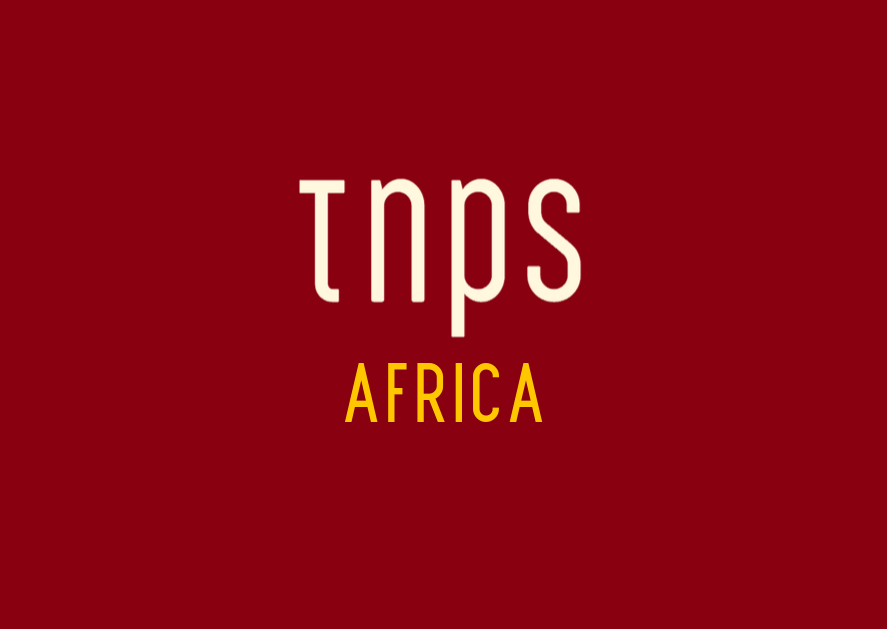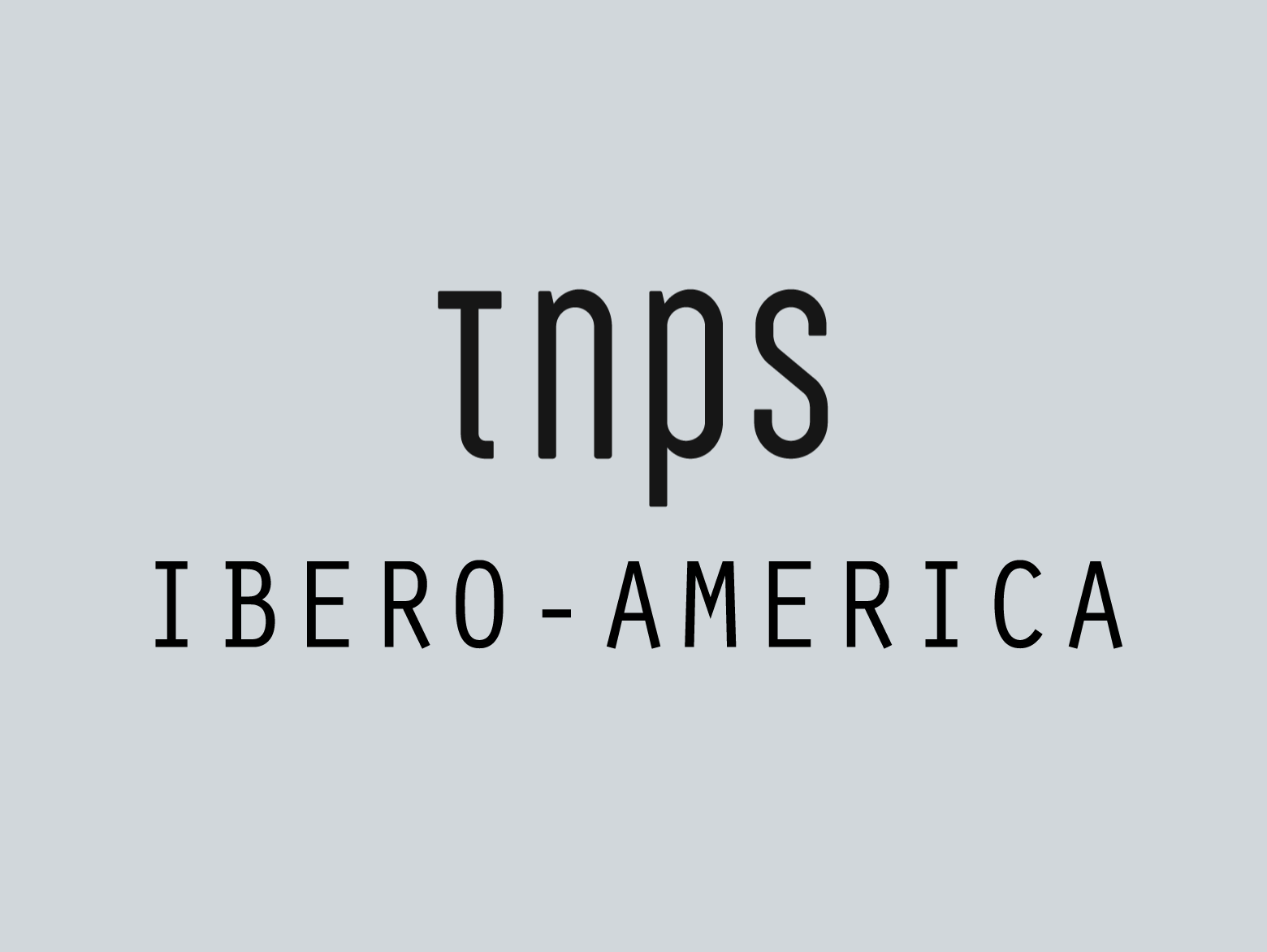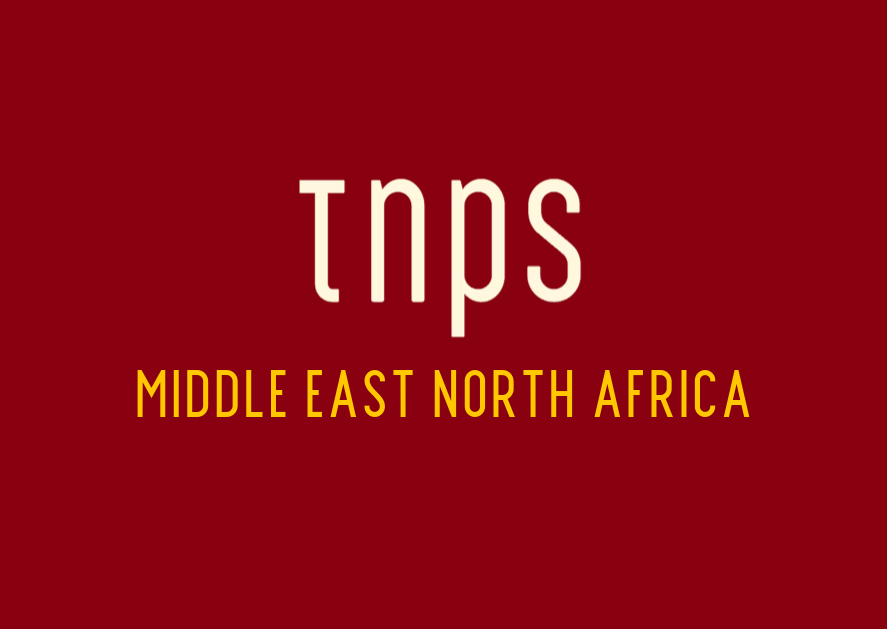Time was, if you had heard of an African author at all, it would be either an author in the US or Britain that originally came from Africa, or a prize-winning African author that had attracted the attention of the western publishing establishment.
Put simply, we in the west got to read only that African content western editors and gatekeepers deemed worth republishing for our delectation.
But in the twenty-first century Global New Renaissance Africa’s literary scene is not just vibrant, but far-reaching. African authors are getting published in the US, UK and beyond, not by western gatekeepers buying the rights to selected treasures, but by African publishers publishing abroad for themselves.
Leading the African Renaissance is Nigeria’s Cassava Republic, a boutique publishing outfit in the capital, Abuja, that from day one has been breaking all the rules.
Bibi Bakare-Yusuf launched Cassava in 2006 with not an iota of formal business experience, just a vision that Nigerian authors deserved better than to thrive or whither on the whim of some foreign editor in some distant land. And a belief that Nigerian authors were capable of writing more than just eloquent prize-winning literary fiction.
Today Cassava fields 33 authors and 52 titles across literary fiction, crime fiction, romance and children’s books.
That in itself was ground-breaking. Crime fiction and romance were what western authors wrote, and if the story had an African or Nigerian theme it was because the author had some family connection with the continent, but lived in the affluent west where they could get taken seriously.
This spring the company that introduced the world to writers such as Teju Cole and Elnathan John began selling its titles in bookstores across the United States thanks to a Minnesota-based distributor, with the intention of eventually US-releasing all its new titles.
Ironically Bakare-Yusuf herself is from the UK, having moved there from Nigeria when she was thirteen. Visiting the homeland decades later Bakare-Yusuf was shocked by the poor selection of books available to Nigerian readers, and with her partner sold up in the UK to risk everything on a Nigerian publishing adventure.
Cassava doesn’t just publish African authors. It publishes African authors as the authors want to be published, not re-written to suit the preconceptions of western editors about what might sell.
Ten years on, Cassava opened an office in the UK, and with the expansion into the US this year Cassava Republic is allowing African authors to reach US and UK readers without a western publishing house dictating terms and buying the rights.
It mean Cassava has been able to publish works that western editors might have shied away from, such as Sarah Ladipo Manyika’s tale of a sexually confident septuagenarian Nigerian woman living in San Francisco, Like a Mule Bringing Ice Cream to the Sun.
The problem for small publishers like Cassava is that, having identified the new talent, big western publishers will come along with big western advances and whisk the author away. Just as with “indie authors”, many African writers see a deal with a big publisher as a status symbol and a gateway to bigger things.
Says Bakare-Yusuf,
London is still the symbolic capital for legitimisation of African literature, whether we like it or not.
But Cassava is challenging that perception, not least by exploiting new ways of building excitement about books at home. It runs readings with music shows and seeks to create a buzz on social media.
There’s a resurgence in reading culture …Social media and Instagram are making books sexy again.
Says the New York Times about Cassava this week,
(C)ulturally, the company’s global aspirations represent a significant new landmark for African literature.
Referencing Nigerian-British author Leye Adenle’s crime novel Easy Motion Tourist, the New York Times piece paraphrases Adenle as saying,
more Nigerian novelists are experimenting with commercial tropes, writing for pure entertainment, and many no longer feel compelled to write novels that respond to the legacy of colonialism or Western notions about African literature.
On Third World publishing issues the New York Times touches on the usual suspects: Most books published are educational. Piracy remains a big problem. Bookstore infrastructure is seriously inadequate. Illiteracy is an issue. And for those who can read, there is no real reading culture.
Most importantly,
books are still considered an out-of-reach luxury for much of the population. The minimum wage in Nigeria hovers around $59 a month, and a new book costs around $8.
And yet literary festivals flourish in Nigeria, and in a nation of close to 200 million people there are enough would-be readers in the country to make Nigeria a potentially exciting, even lucrative, publishing market.
Yet what is not even touched upon in recent coverage of Nigeria’s book and publishing scene, is the potential of digital.
It’s not that local publishers are indifferent to digital, as per the headline quote about how Cassava is using social media for discovery. And Cassava sells ebooks via a local Nigerian ebook store (of which there are very few right now).
But the Big 5 western ebook retailers have yet to acknowledge the country even exists, despite Nigeria having more internet users than any country in Europe except Russia.
A missed opportunity for all concerned.





